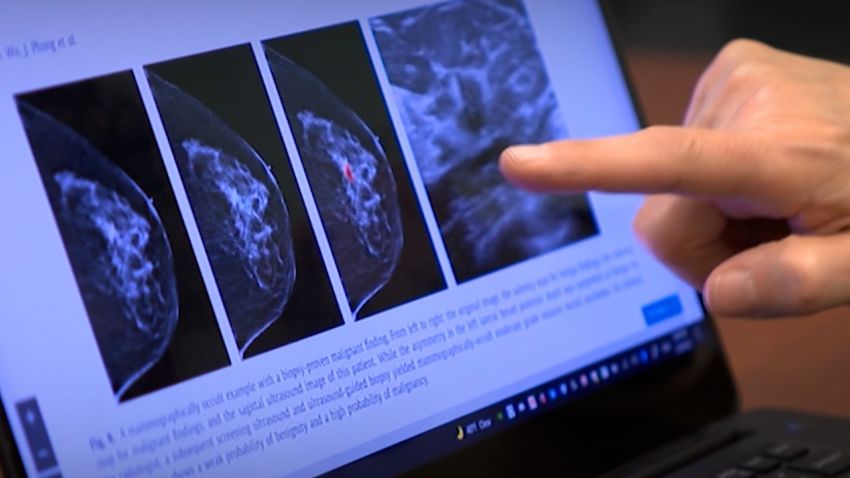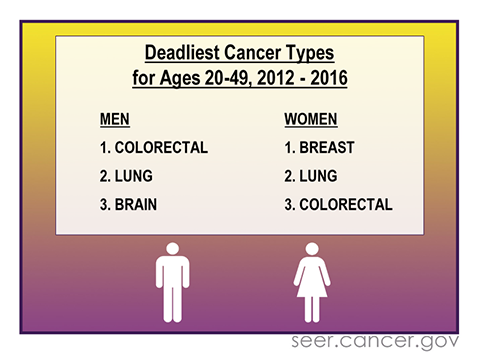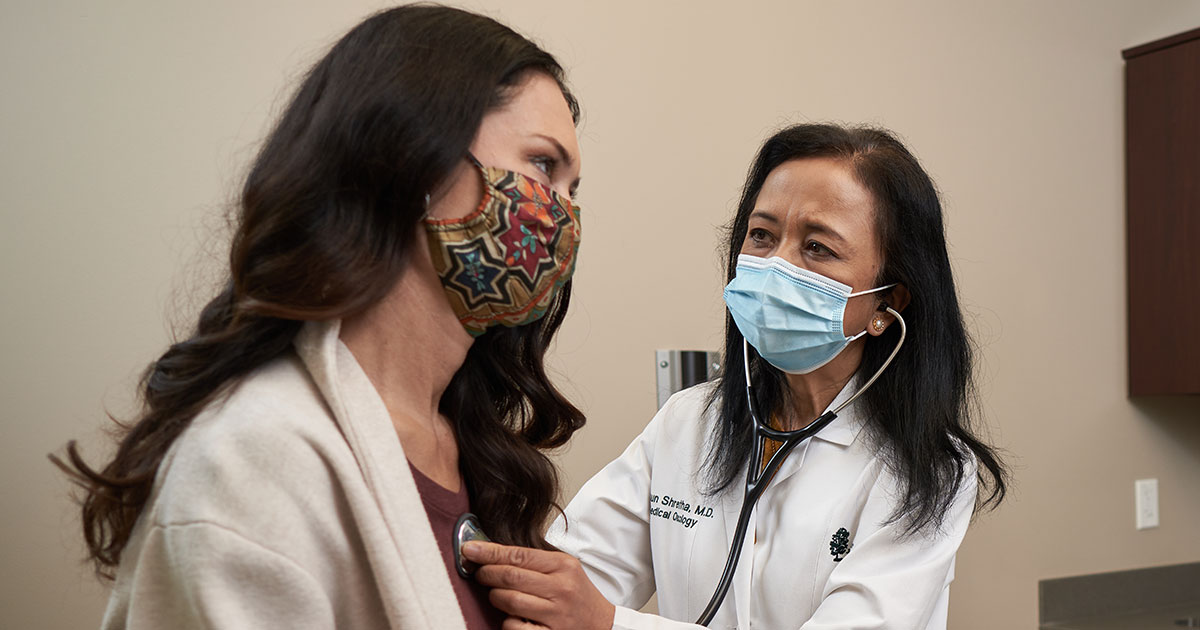Cancer Striking at Younger Ages
"This is a population that has had less focus in cancer research and their numbers are getting bigger, so it's important to do more research to understand why this is happening.""If we don't understand what's causing this risk and we can't do something to change it, we're afraid that as time goes on, it's going to become a bigger and bigger challenge."Paul Oberstein, director, Gastrointestinal Medical Oncology Program, NYU Langone's Perlmutter Cancer Center"As we continue to do better at identifying people who are at higher risk at younger ages, we really need to adjust our screening practices as well."Jennifer Litton, breast medical oncologist, Anderson Cancer Center, University of Texas

For the most part it is in people of the age of 65 and older among whom most cancers in the United States are identified. A new study, however, recognizes a concerning trend where cancer among younger Americans, particularly women, is rising, with gastrointestinal, endocrine and breast cancers climbing at swift rates.
While cancers among older adults have declined, cancers among people younger than 50 have increased slightly overall, according to a study published recently in JAMA Network Open. The largest increases are being seen among women aged 30 to 39. No clear explanation has presented to explain why it is that cancer is on the rise among younger people. According to experts there are several possible reasons to explain the trend.
Among them, rising obesity rates and lifestyle factors inclusive of drinking alcohol, smoking, poor sleep patterns and a sedentary lifestyle. Exposure to pollutants and carcinogenic chemicals are also recognized as likely to be playing a role in the rise of such cancers. Data from over 560,000 patients in the United States diagnosed with early-onset cancer defined as cancers affecting people younger than 50 was analyzed between the years 2010 and 2019.
 |
Colorectal cancer is a leading cause of cancer death among people under 50 in the United States, with rates of new diagnoses still climbing in this age group. Credit: National Cancer Institute |
Early-onset cancer diagnoses was found overall, to have risen by close to one percent during the study period, affecting 56,468 patients, an increase from 56,051 patients in 2010. Cases increased at the rate of roughly 19% among those in the 30 to 39 age group. Certain types of cancer; breast cancer for instance, accounted for the highest number of cancer cases in younger people, increasing about 8% over the study period of a decade.
Fewer in number, still an increase of about 15%, were gastrointestinal cancers, including the colon, appendix and bile duct. This would make it the fastest-growing type of cancer among younger people, stated Daniel Huang, assistant professor, National University of Singapore, transplant hepatologist at the National University Hospital and senior study author.
A striking difference was recognized between men and women where the number of early-onset cancers in women increased by 4.4% during the ten-year study period, while among men the number actually declined by almost 5%. Increases seen among younger women were held likely to have been driven by the rise in cancers of the breast and uterus.
 |
| Over the last few decades, doctors have been seeing dramatic increases in cancer in adults younger than 50. The disturbing trend has scientists searching for reasons behind the sharp increase in early-onset cancer, how best to screen for or detect cancers in young adults, whether the cancers are different types of common cancers in older adults and which treatments show promise for younger people |
The increases are concerning, even while overall, younger people diagnosed with cancer still represent a relatively modest proportion of overall cancer cases. "It's an important trend, especially important if it continues, but it is a small part of what's going on in oncology", added Otis Brawley, oncologist at the Sidney Kimmel Comprehensive Cancer Center at Johns Hopkins.
While most cancer risk factors are based on studies of predominantly older adults, new studies are now being designed with a view to helping to understand how certain exposures in earlier life may prove to impact later life cancer risk, commented Hyuna Sung, senior principal scientist and cancer epidemiologist at the American Cancer Society. The JAMA study "motivate(s) new studies to help identify risk factors that may be able to explain these trends", she suggested.
One in five new cases of colorectal cancer in the United States occurs in people below age 55, a rate that has almost doubled over the past three decades, according to a concerning recent report from the American Cancer Society, citing other research identifying a trend toward younger colorectal cancer diagnoses.
The American Cancer Society updated its colorectal cancer screening guidelines in 2018, lowering the age to begin screening for those at average risk, from age 50 to age 45. Dr. Brawley added that one of the most important moves people can undertake to minimize risk is to manage body weight, exercise, limit alcohol consumption and avoid smoking.
Changes in the gut microbiome may be influencing the increasing rates of colorectal cancer in adults under 50. Credit: Journal of Translational Medicine |
Labels: Research, Rising Cancer Rates, Studies, United States, Younger Population Diagnoses

0 Comments:
Post a Comment
<< Home